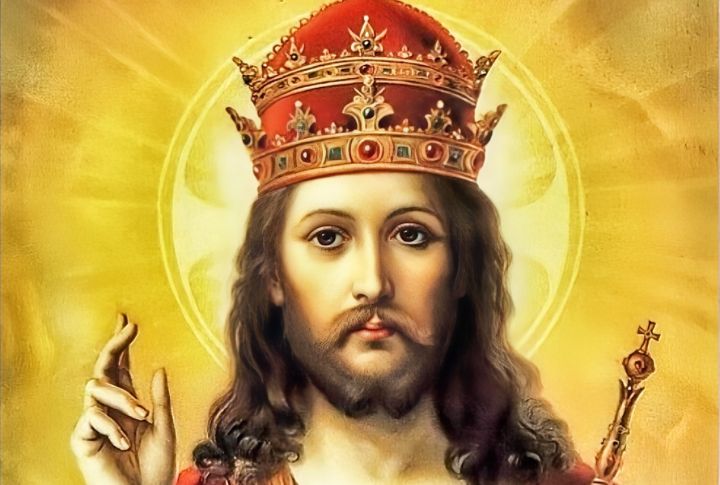
Jesus’ identity as the Messiah has sparked debates that reach far beyond theology, influencing religion and culture over centuries. Christians affirm his role, while Jewish thought offers strong counterpoints. Examining such perspectives sheds light on centuries of belief and tradition. Here are 10 reasons that explain why Christians are convinced and Jews remain skeptical.
Fulfillment Of Old Testament Prophecies
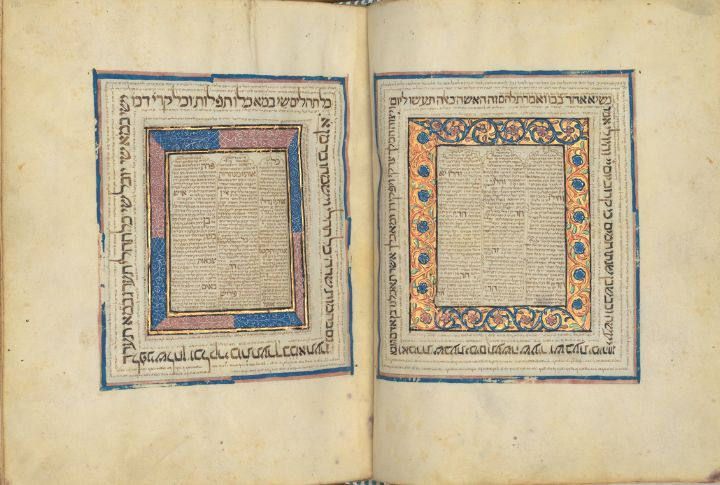
The big split between Christianity and Judaism boils down to prophecy interpretation. Christians look at Old Testament predictions and say Jesus fulfilled them all. However, Jews read those same passages and insist they’re still waiting for the real Messiah to arrive. Same texts, different answers about timing.
Claim Of Divine Sonship
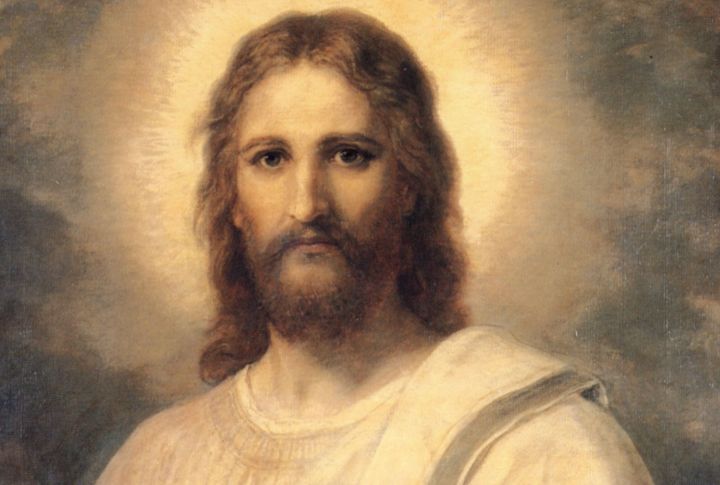
Jesus proclaimed a unique relationship with God, describing himself as the divine Son. This claim became a pivotal point of division. While Christians saw it as confirmation of his role as the anointed one (Christos in Greek), Jewish authorities considered such statements blasphemous and grounds for rejection.
Lineage From King David

Both Christians and Jews believe the Messiah must come from King David’s lineage. Christians point to Jesus’ genealogy through Joseph as fulfilling this requirement. Jewish tradition, however, sets stricter standards for proving Davidic ancestry and continues to await a future “Messiah ben David.”
Miracles As Evidence
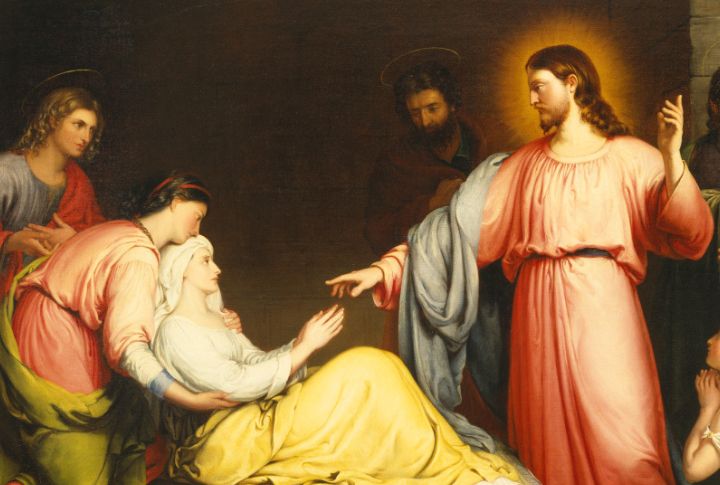
For Christians, Jesus’ miracles serve to be powerful evidence of his messianic role, from healing the sick to raising the dead. Yet Jewish tradition takes a different stance, teaching that the ability to perform supernatural acts is not among the essential criteria for identifying the promised Messiah.
Christians Embrace A New Covenant
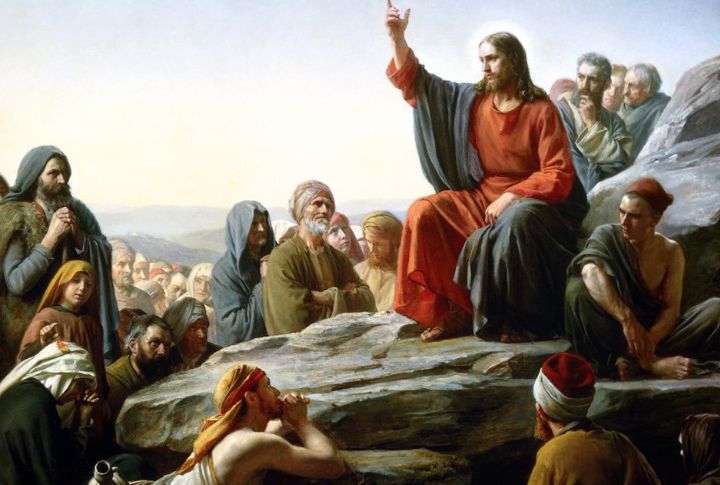
The concept of divine agreements creates another major theological divide between the faiths. Followers of Christianity hold that Jesus introduced a spiritual covenant focused on grace and faith rather than strict adherence to law. Judaism maintains that the original Mosaic covenant remains eternal and unchangeable, making Jesus’s new agreement incompatible with traditional messianic expectations.
Resurrection Belief

Jesus’ resurrection account represents a key theological split between faiths. Christian communities trace their origins to this pivotal event and consider it absolute proof of his messianic role. Jewish tradition, though acknowledging the concept of resurrection, does not view it as evidence of authentic messiahship.
Entry Into Jerusalem On A Donkey
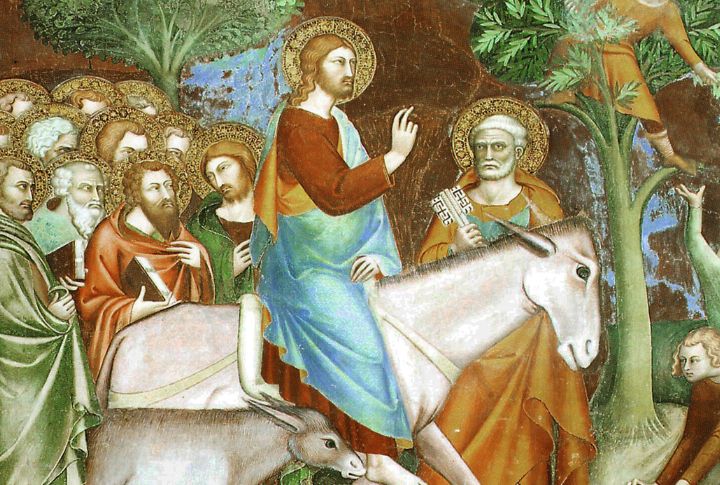
Christians see Jesus’s humble entry on a donkey as fulfilling messianic prophecy about a peaceful king. Jews expected the Messiah to arrive as a powerful military leader who would overthrow oppressors. Jesus’s non-violent approach and eventual crucifixion contradicted Jewish expectations of a triumphant Messiah.
Suffering Servant Concept
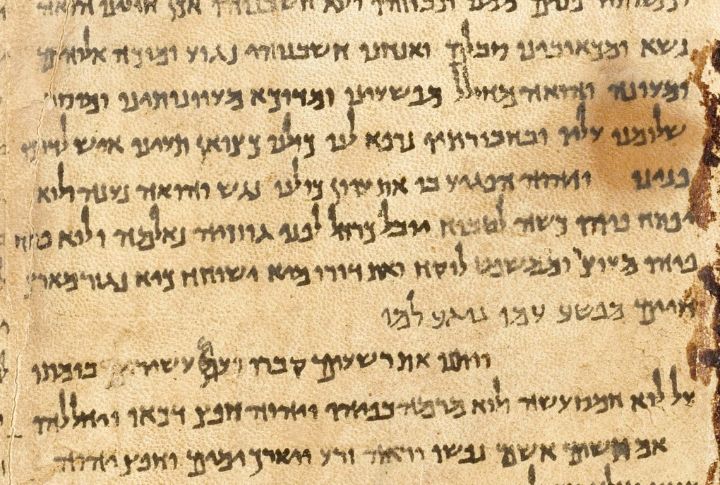
The “suffering servant” in Isaiah 53 carries very different meanings across faith traditions. Christians see it as pointing directly to Jesus’s death and resurrection, while Jews view it as describing Israel’s collective struggles under oppression. This difference in interpretation fuels the ongoing divide over messianic expectation.
Expectation Of A Spiritual Vs. Political Messiah
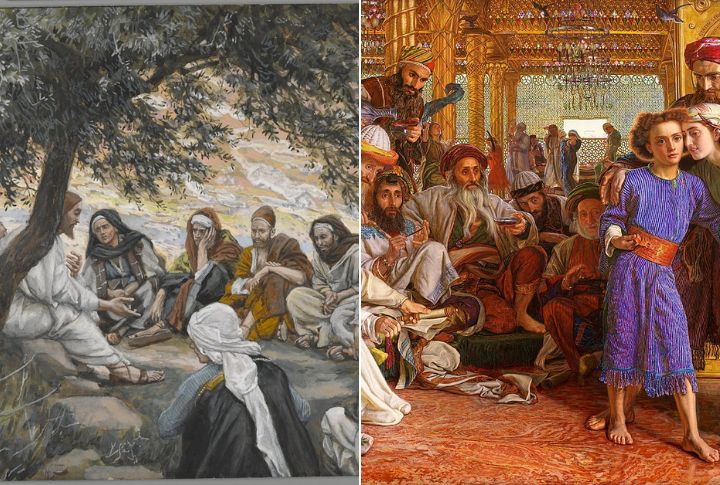
Traditional Jewish belief holds that the Messiah will be a political figure establishing peace and restoring Israel. Christians see Jesus differently—as a spiritual savior whose kingdom exists beyond worldly affairs. This contrasting view of the Messiah’s role created the historic split between these faiths.
Role In The Prophecy Of Gentile Inclusion

The Messiah’s mission creates disagreement between the two faiths regarding who should benefit from salvation. Jesus welcomed both Jews and non-Jews into his movement, which Christians view as fulfilling prophecies about universal redemption. Jewish tradition expects the Messiah to prioritize Israel’s restoration first, making Jesus’s inclusive approach inconsistent with their messianic expectations.

